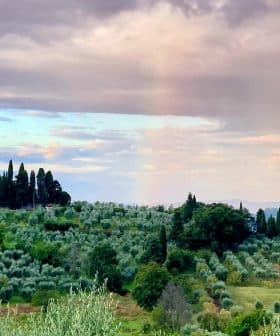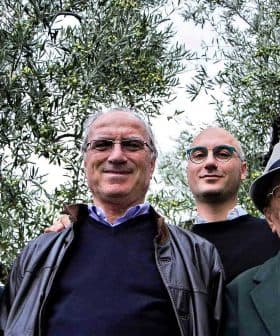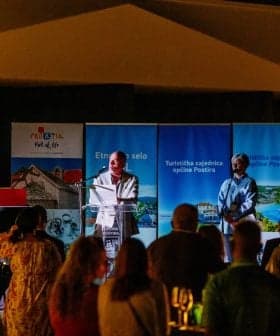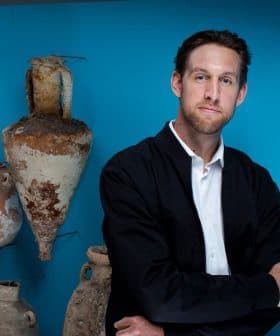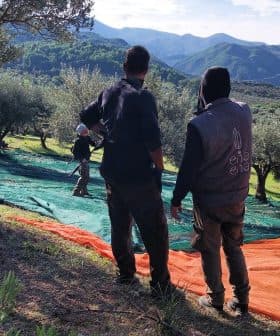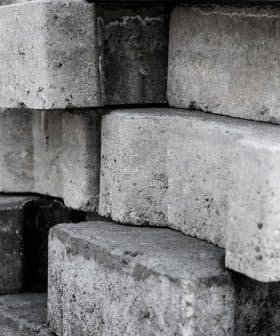 8.6K reads
8.6K readsOpinions
Better Soil Management, Not Intensive Agriculture, Will Save Mediterranean Olive Groves

Andalusia, the world’s most important olive-growing area, is facing two consecutive failed harvests due to record-breaking high temperatures and unseasonable drought. The crisis in the olive oil industry is a result of biodiversity collapse, soil degradation, and input-intensive farming techniques, leading to a potential ecological disaster that requires a shift towards regenerative agriculture practices to adapt to climate change.
Andalusia, the most important olive-growing area in the world, is facing two failed harvests in a row.
Record-breaking high spring temperatures in 2022 have been followed by unseasonable drought (and then extreme flooding) in 2023. Climate change has arrived, and the olive oil industry might be first in the firing line. We could be facing a period of volatility, disruption, and, at worst, ecological collapse.
If it’s at least possible that something has broken in Andalusia… it could be a national and industry-wide ecological, economic and social catastrophe. A response is needed from government and business.
All-time highs in global prices are the first impact of the crisis. Great news for farmers with yield. But bad for processors, brands, and customers. High prices mean substitution with cheaper cooking oils and incentivize fraud by providers. And booms almost always lead to busts, which can wipe out investments predicated on those higher prices. As they say in the energy sector, “the cure for high prices is high prices.”
For brands and processors, the obvious response is to find new supply and start planting in other regions — the more efficient, the better. So, investment in super-high-density groves in Portugal seems to be accelerating, and in Tunisia, the other great area of recent output growth, the government’s export promotion strategy is also to push for “renewal” of current production by super-high-density cultivation.
But doing the same thing all over again might be a mistake.
My company, Amfora, sells extra virgin olive oil from regenerative agriculture farmers. We’re strong believers in the science and the benefits of soil regeneration.
From this perspective, the current crisis in Andalusia is not a surprise. It is the long-foretold result of biodiversity collapse, soil degradation, broken water cycles, and, in turn, the input-intensive techniques that super-high-density olive farming encourages.
Using this crisis to extend input-intensive practices won’t help our industry adapt to climate change but rather make it more vulnerable. Ultimately, it will spread ecological disaster to as yet unaffected regions.
How input-intensive groves damage ecosystems is easy to understand. Where centenary groves are ripped out to create high-density rows, demand for nutrients increases beyond the capacity of unnurtured soil to provide and renew itself.
Artificial fertilizer meets that demand but, at the same time, disrupts microbial-fungal exchange networks that we now understand support soil life, reducing natural fertility further. To reduce competition for food and water, farmers apply herbicide to kill weeds, creating bare soil and denuding biodiversity that supports natural predators of pests such as the olive fly. Pesticide becomes necessary to maintain quality and yield. Fungicide, too, is needed to support trees now more susceptible to infections, killing any beneficial fungi that remain.
So now much of Andalusian olive cultivation exists in a monoculture desert, maintained only by chemical inputs — rocky dry ground, dirt, not soil, containing little organic matter and holding very little water; the plant and soil evapotranspiration that previously created rain has disappeared. Increased water demand can only come from local aquifers, which are no longer renewed. When rain does come, it stays on the surface and creates flooding.
This is a self-reinforcing cascade: a positive feedback loop that explains what we’re witnessing in 2023. Hydrologists call the end game “drought-fire-flood.” We can see this at work in California, another region where high-density agroforestry is the rule. While Andalusia has, at least so far, been spared the fire, flood and drought both appear new and persistent features.
So what now? How sure are we this is real? Do we need to write off billions invested in intensive olive oil production in Southern Spain? What can we do?
Firstly, it’s obvious that no one knows. Two consecutive failed harvests might be a freak event. The 2024/25 harvest might be huge, and prices may normalize. New sources of supply might come online, offsetting volatility in Andalusian output.
But even if we can’t be sure structural change is here, we can measure its potential impact. If it’s at least possible that something has broken in Andalusia, responsible for almost 40 percent of global olive oil production, it could be a national and industry-wide ecological, economic and social catastrophe. A response is needed from government and business.
Happily, it is too soon to write the region off. Olive trees aren’t meant to destroy ecosystems. They’re a regional keystone species; they can hold the land together, drawing water from deep underground for use by other species, providing rich habitat and other environmental services — not to mention delicious and healthy nutrition for human communities. They can do so again.
The solutions are not new or hard; we already know what to do. Spanish scientists, such as Millán Millán, director of the Center for Environmental Studies of the Mediterranean in Valencia, have been researching water cycles and how to fix them for decades.
We know plants help create their own rain. Re-vegetating wasted land and slowing runoff from watersheds using cisterns, trenches and swales are all solutions at a landscape level. Creating biodiversity refuges such as hedges and corridors to bring back predators can reduce the need for biocides.
As Dimitri Tsitos of the Arbo-Innova Project points out, planting cover crops in high-density groves can greatly contribute to adding fertility, reducing ground temperatures, and boosting soil water retention. Arbo-Innova is interesting, a brand-new initiative to help regenerate high-density groves in Iberia, supported by leading consultants such as Soil Capital Farming.
Landscape-level adaptations might reduce areas under cultivation and thus output per farm. But plot-level savings in input costs can mean farms make more profit. Farmers could see increases in overall yield as soils come back to life.
Mindset shifts are needed; plowed soil between trees was always the sign of a “tidy” grove. Instead, farmers should take pride in rich plant biomass and biodiversity, knowing root exudate exchange is feeding their trees.
No-till cover is just a start; animal integration, even syntropics, are possible future interventions. Better tasting and more nutritious oil could mean improved pricing and opportunities to reform the industry.
New marketing models, such as Amfora’s, can help, too; we cut out intermediaries, bringing regenerative farmers a greater share of final pricing. Overall, we’ve just scratched the surface of the productivity gains from the regeneration revolution.
Climate change is global, but the world is made up of landscapes; there are simple actions farmers can take to protect and renew theirs. Collectively, we can head off disaster and even make things better and more resilient. Acknowledge the problem and act.
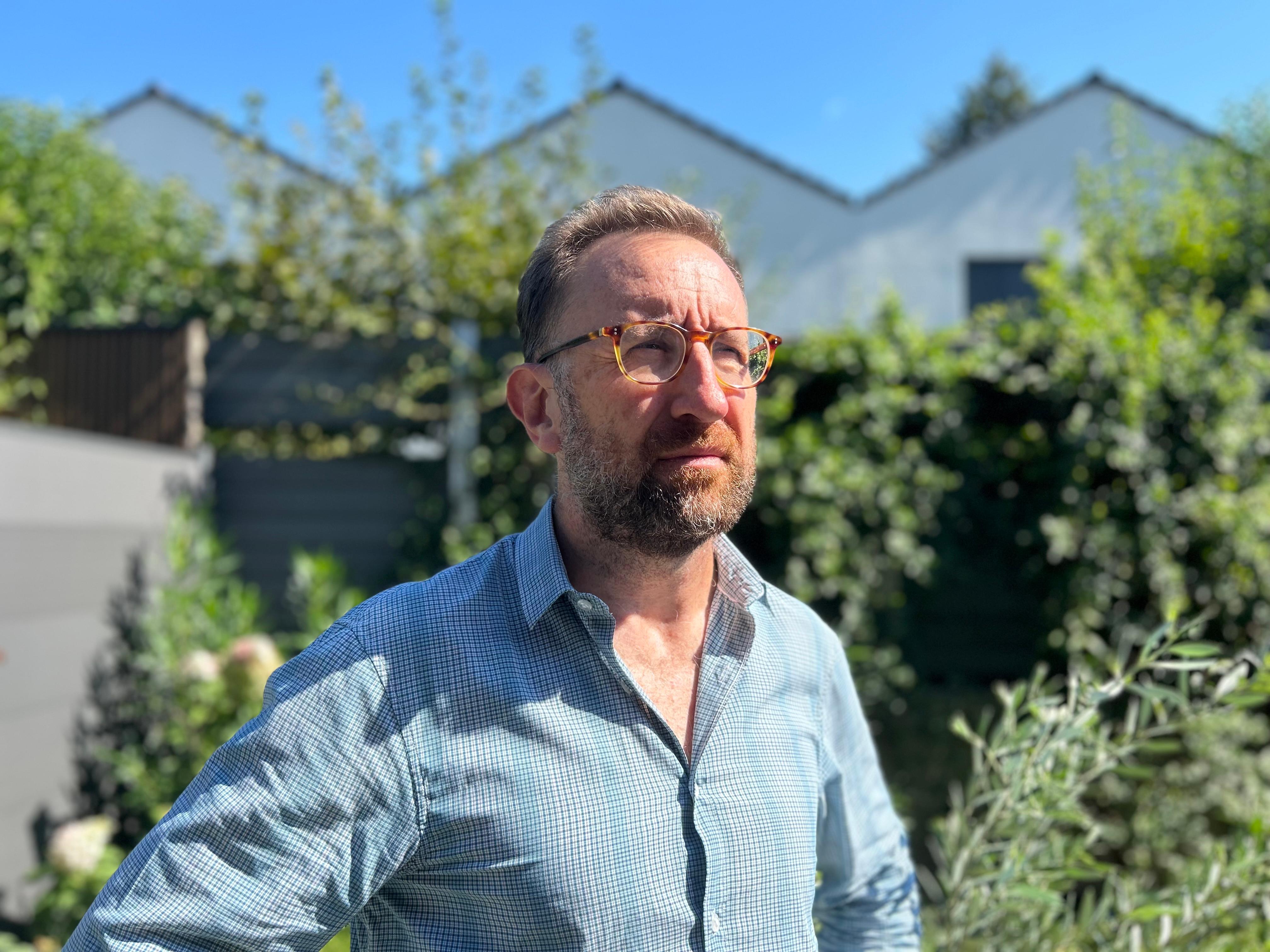
Eurof Uppington
Eurof Uppington is the CEO and founder of Amfora, a Swiss-based olive oil retailer focused on promoting sustainability.


